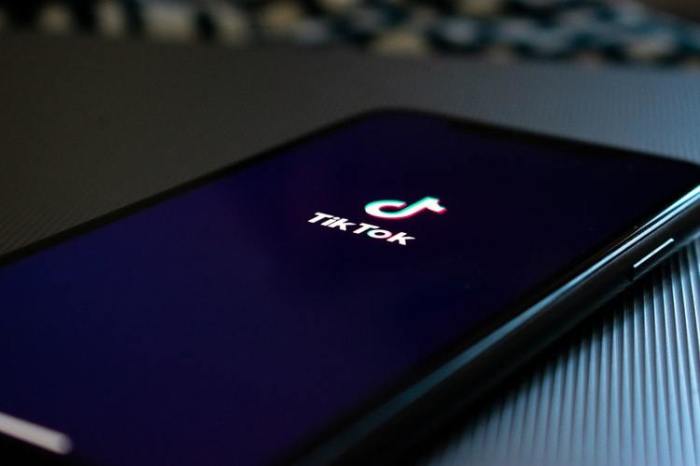TikTok exposed minors to hundreds of explicit videos featuring sexual content and drugs: report

The social media platform TikTok is exposing minors to countless videos that feature adult content involving sexual acts and drug usage through search algorithms, according to an investigation by The Wall Street Journal.
In a report titled “How TikTok Serves Up Sex and Drug Videos to Minors” published Wednesday, reporters noted that the newspaper created bot accounts disguised as users between the ages 13 to 15 to gauge what kind of content children are being exposed to on the platform.
These bot accounts quickly found themselves being guided to hundreds of videos that feature adult content, including drug use and sexual roleplay.
“TikTok served one account registered as a 13-year-old at least 569 videos about drug use, references to cocaine and meth addiction, and promotional videos for online sales of drug products and paraphernalia. Hundreds of similar videos appeared in the feeds of the Journal’s other minor accounts,” the article states.
“TikTok also showed the Journal’s teenage users more than 100 videos from accounts recommending paid pornography sites and sex shops. Thousands of others were from creators who labeled their content as for adults only.”
The newspaper shared 974 videos with TikTok, informing the company that these videos were “served to the minor accounts — including hundreds shown to single accounts in quick succession.”
Of those 974 videos, 169 were removed from the site before the Journal shared them with TikTok. It is unclear if those videos were removed by their creators or TikTok administrators.
About 255 videos were removed after being shared with TikTok, of which over a dozen portrayed adults as “caregivers” entering relationships with adults pretending to be children.
Many videos were served to minors via the algorithm even when accounts that created them identified their content as for mature audiences.
"An earlier video investigation by the Journal found that TikTok only needs one important piece of information to figure out what a user wants: the amount of time you linger over a piece of content. Every second you hesitate or re-watch, the app tracks you," the report reads.
"Through that one powerful signal, TikTok can learn your most hidden interests and emotions, and drive users of any age deep into rabbit holes of content—in which feeds are heavily dominated by videos about a specific topic or theme. It’s an experience that other social-media companies like YouTube have struggled to stop."
Owned by the Chinese company ByteDance, TikTok is used by millions of users worldwide and has become a well-known video-sharing app used by children in the United States.
“Protecting minors is vitally important, and TikTok has taken industry-first steps to promote a safe and age-appropriate experience for teens,” a TikTok spokesperson told The Wall Street Journal, adding that the app allows parents to take steps to monitor and manage their children's accounts.
In 2020, the National Center on Sexual Exploitation placed TikTok on its annual Dirty Dozen List, which documents entities believed to be profiting from sexually exploitative content.
NCOSE Communications Director Jake Roberson explained at the time that TikTok lacked safety controls and proper moderation of content, becoming a “space for sexual grooming by abusers and sex traffickers.”
“These exploiters utilize TikTok to view minor users and either comment and or message these users directly, often requesting sexually explicit videos,” stated Roberson.
“An advocacy group accurately called TikTok a ‘hunting ground for predators to abuse children.’ Forbes identified TikTok as a magnet for sexual predators.”
A few weeks later, TikTok announced it was working to create measures to allow parents with accounts to control the content their children have access to on the app.
These measures allow parents to limit screen time on the app, control who can and can't message their teen and restrict adult content access for minors.
“We want people to have fun on TikTok, but it's also important for our community to look after their wellbeing which means having a healthy relationship with online apps and services,” TikTok stated in a February 2020 announcement.
“We will keep introducing ways to keep our community safe so they can stay focused on what matters to them – creating, sharing, and enjoying the creativity of TikTok's community.”
In response to efforts to allow parents to control their children’s TikTok content, NCOSE did not include TikTok on its 2021 Dirty Dozen List. However, NCOSE included the app on its “Watch List" over ongoing concerns with the platform's overall approach to the issue.




























